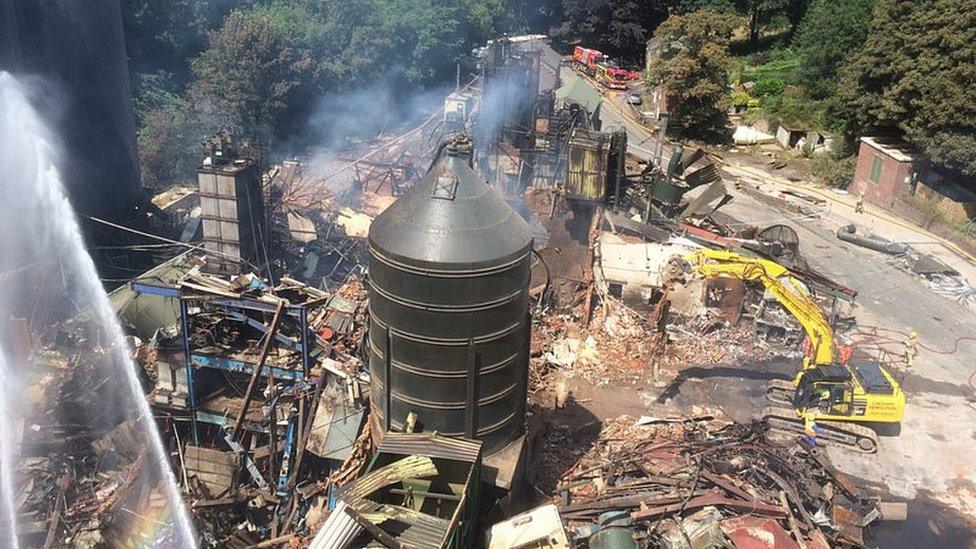Heritage experts join police for metal theft crackdown
- Published
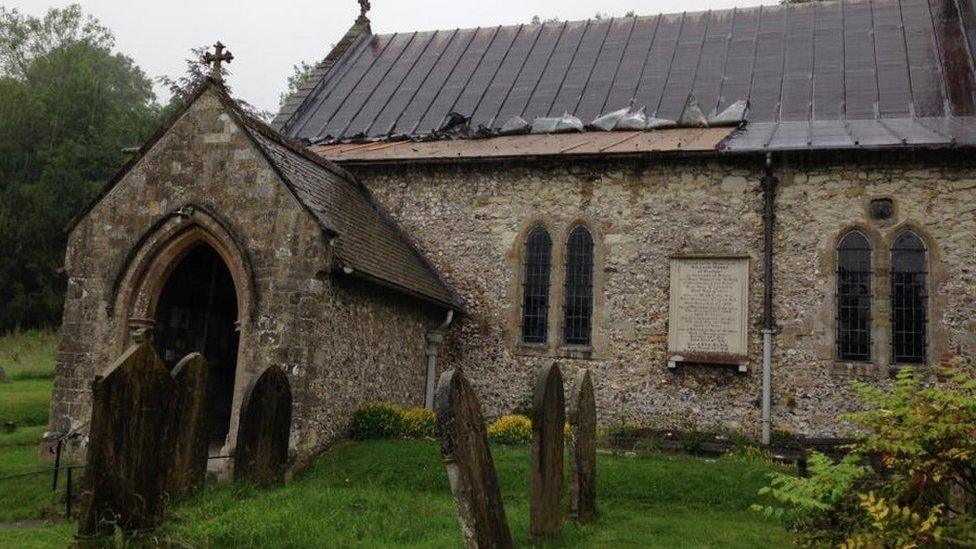
Police forces in England have teamed up with heritage experts to crack down on gangs stealing valuable metal from churches and historic buildings.
Officers are working with Historic England to inspect scrapyards where thieves might try to sell lucrative metals such as lead and copper.
They say some dealerships are failing to carry out checks when they are offered metal for sale.
It is estimated that the thefts cost the country as much as £770m a year.
A church in the village of Beeby, near Leicester, was one of the latest victims of the crime.
Peter Aires, from the charity Churches Conservation Trust, said: "In late July we found out the north aisle roof had been stolen. It effectively damages over 1,000 years worth of history that is there.
"They are so important and are buildings that belong to everybody. It is not private property, it is there for everybody and the damage is untold."
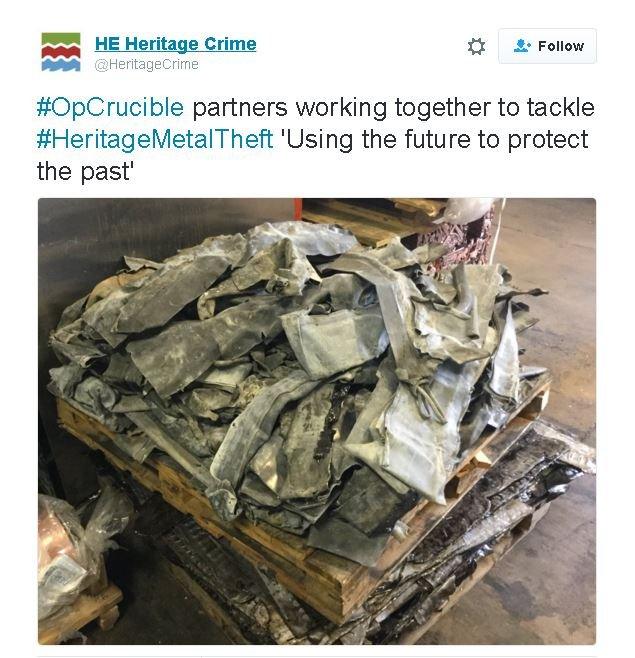
Officers from Operation Crucible are taking members of Historic England along when they investigate scrapyards to help them understand how thieves operate.
Heritage expert Nick Molyneux, who joined police during an inspection of a metal dealership in the Midlands, said: "It is particularly valuable to find out how vigorous the police are about looking for all the material.
"I can then feed this back particularly when I go to speak to churches about the whole problem of lead theft."
Mark Harrison, Historic England's policing and crime adviser, said the thieves were attacking the nation's cultural heritage, and had to be taken on before it was too late.
The Local Government Association estimates metal thefts - of materials including electricity cables, railway lines, war memorials, road signs, children's playground equipment and church roofs - cost the country as much as £770m a year.
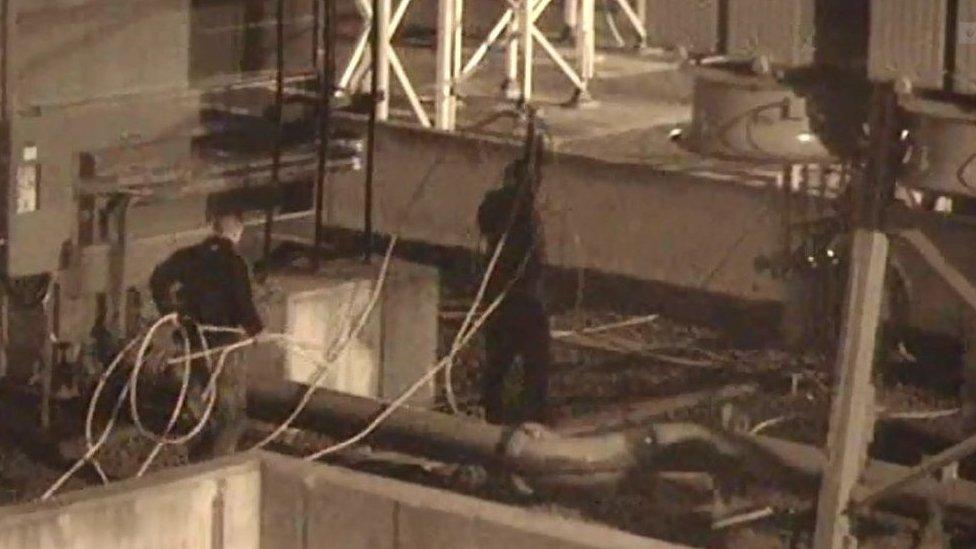
The Scrap Metal Dealers Act 2013 requires all scrap dealers and motor salvage operators in England and Wales to apply for a licence from their local authority and keep records on whom they buy from.
It also gives councils the power to assess whether each licence applicant is a "suitable person" - including examining criminal convictions - and increased powers to carry out inspections.
Dealers who operate without a licence face prosecution - with fines of up to £1,000, limits on trading hours and the possibility of being shut down.
- Published17 June 2016

- Published23 June 2016
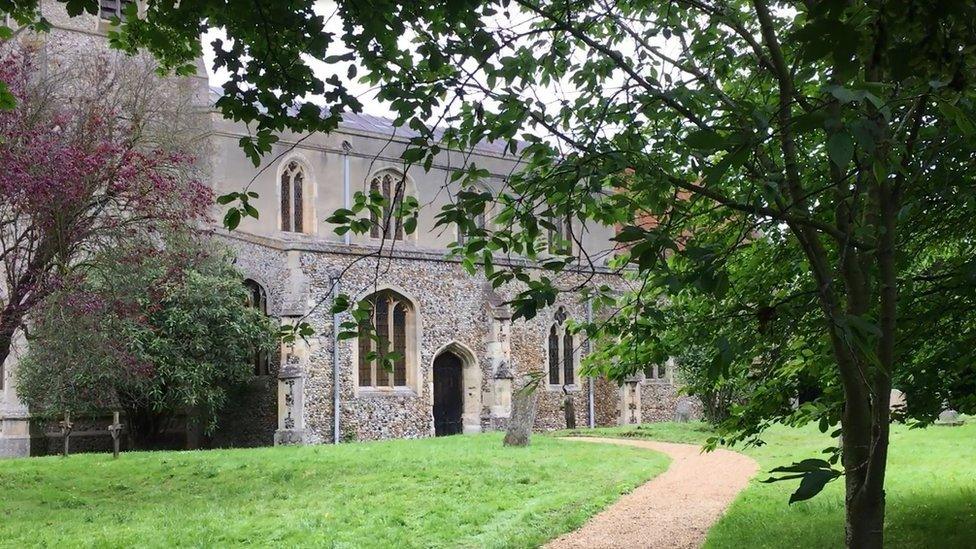
- Published16 August 2016
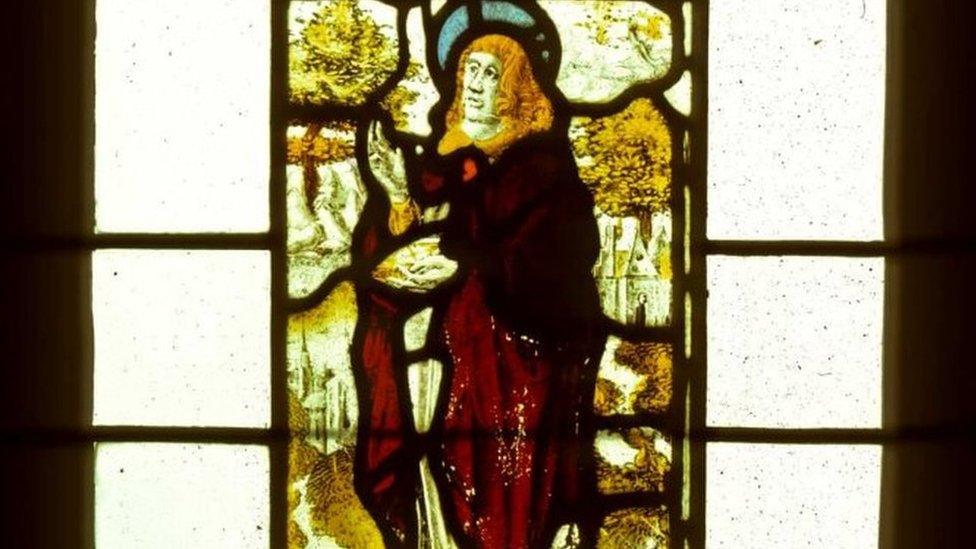
- Published21 February 2015
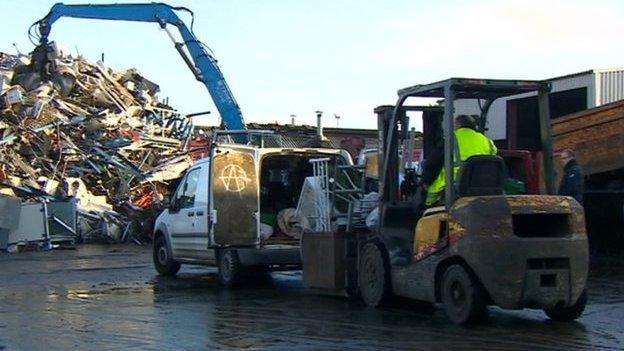
- Published23 February 2016
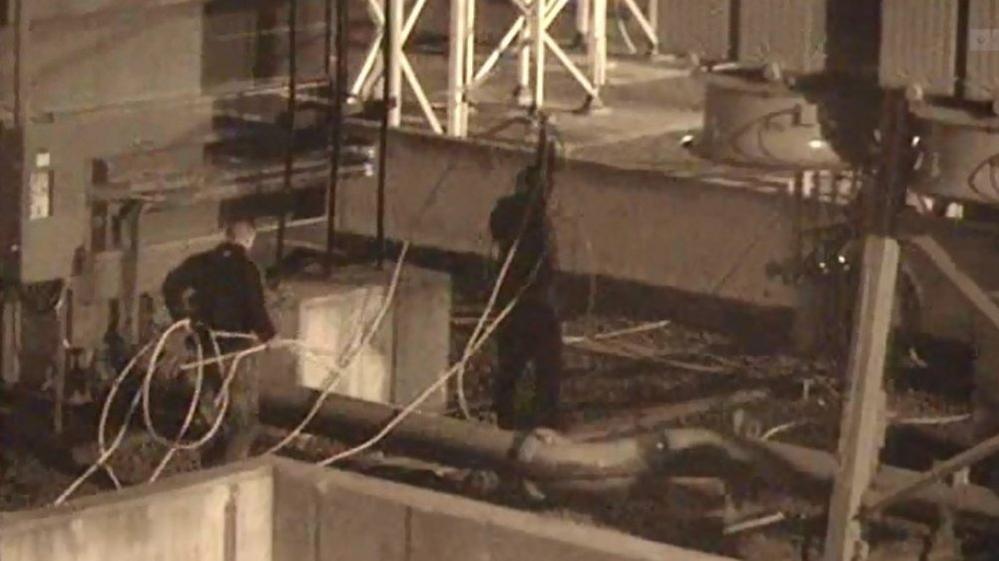
- Published11 July 2016
